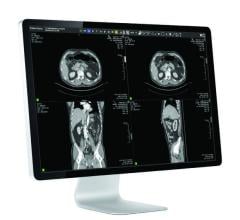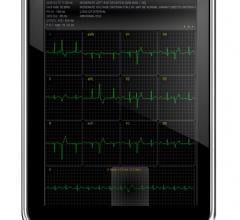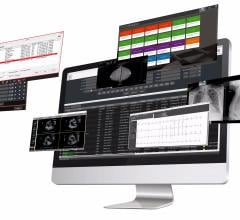
April 11, 2012 - The Department of Health and Human Services (HHS) announced a proposed rule that would delay, from Oct. 1, 2013 to Oct. 1, 2014, the compliance date for the International Classification of Diseases, 10th edition diagnosis and procedure codes (ICD-10).
The ICD-10 compliance date change is part of a proposed rule that would adopt a standard for a unique health plan identifier (HPID), adopt a data element that would serve as an “other entity” identifier (OEID), and add a National Provider Identifier (NPI) requirement. The proposed rule was developed by the Office of E-Health Standards and Services (OESS) as part of its ongoing role, delegated by HHS, to establish adopedt standards for electronic health care transactions under the Health Insurance Portability and Accountability Act of 1996 (HIPAA). OESS is part of the Centers for Medicare & Medicaid Services (CMS).
On Jan. 16, 2009, HHS published a final rule to adopt ICD-10 as the HIPAA standard code sets to replace the previously adopted ICD–9–codes for diagnosis and procedure codes (see HIPAA Administrative Simplification; Modifications to Medical Data Code Set Standards to Adopt ICD-10-CM and ICD-10-PCS, 74 FR 3328). The compliance date set by the final rule was October 1, 2013.
Implementation of ICD-10 will accommodate new procedures and diagnoses unaccounted for in the ICD-9 code set and allow for greater specificity of diagnosis-related groups and preventive services. This transition will lead to improved accuracy in reimbursement for medical services, fraud detection, and historical claims and diagnoses analysis for the health care system. Many researchers have
published articles on the far-reaching positive effects of ICD-10 on quality issues, including use of specific reasons for patient non-compliance and detailed procedure information by degree of difficulty, among other benefits.
Some provider groups have expressed serious concerns about their ability to meet the October 1, 2013 compliance date. Their concerns about the ICD-10 compliance date are based, in part, on implementation issues they have experienced meeting HHS’ compliance deadline for the Associated Standard Committee's (ASC) X12 Version 5010 standards (Version 5010) for electronic health care transactions. Compliance with Version 5010 is necessary prior to implementation of ICD-10.
All covered entities must transition to ICD-10 at the same time to ensure a smooth transition to the updated medical data code sets. Failure of any one industry segment to achieve compliance with ICD-10 would negatively impact all other industry segments and result in rejected claims and provider payment delays. HHS believes the change in the compliance date for ICD-10, as proposed in this rule, would give providers and other covered entities more time to prepare and fully test their systems to ensure a smooth and coordinated transition among all industry segments.
Provisions of the proposed rule:
HHS is proposing to change the ICD-10 compliance date to Oct. 1, 2014.
As stated, the ICD-10 compliance date change is part of a proposed rule that would adopt a standard for a unique health plan identifier (HPID), adopt a data element that would serve as an “other entity” identifier (OEID), and add a National Provider Identifier (NPI) requirement.
Standards compliance date:
HHS proposes that covered entities must be in compliance with ICD-10 on October 1, 2014.
For more information: www.ofr.gov/inspection.aspx or http://www.hhs.gov/news.


 March 06, 2024
March 06, 2024 




